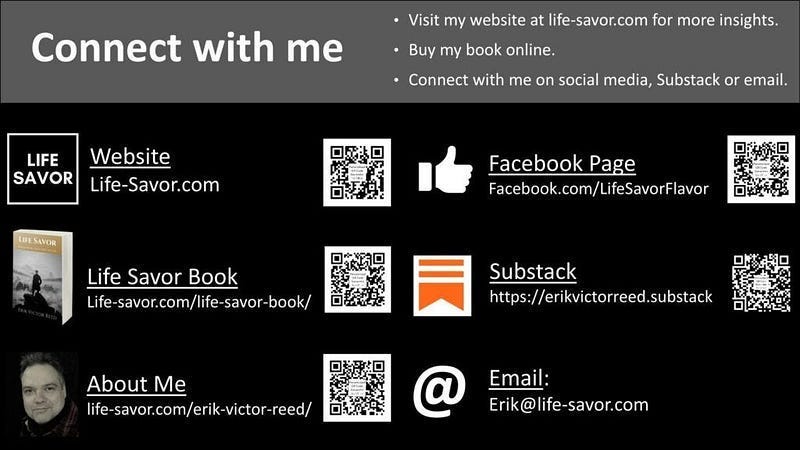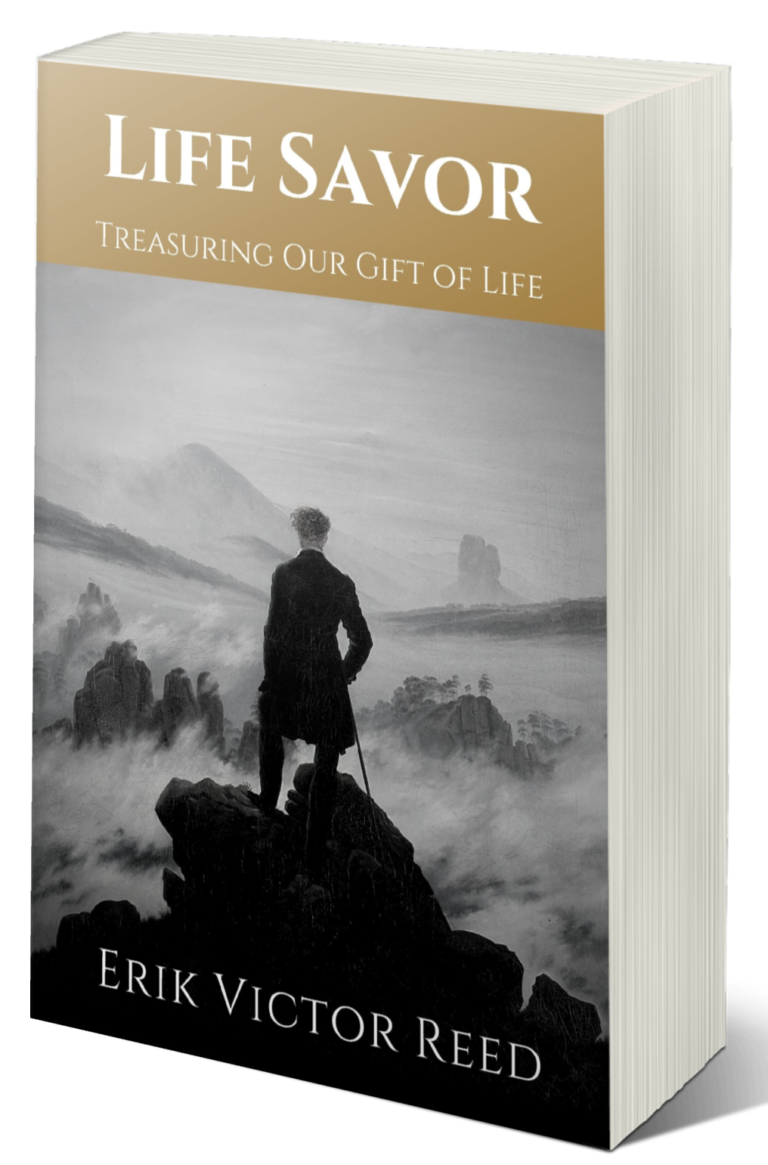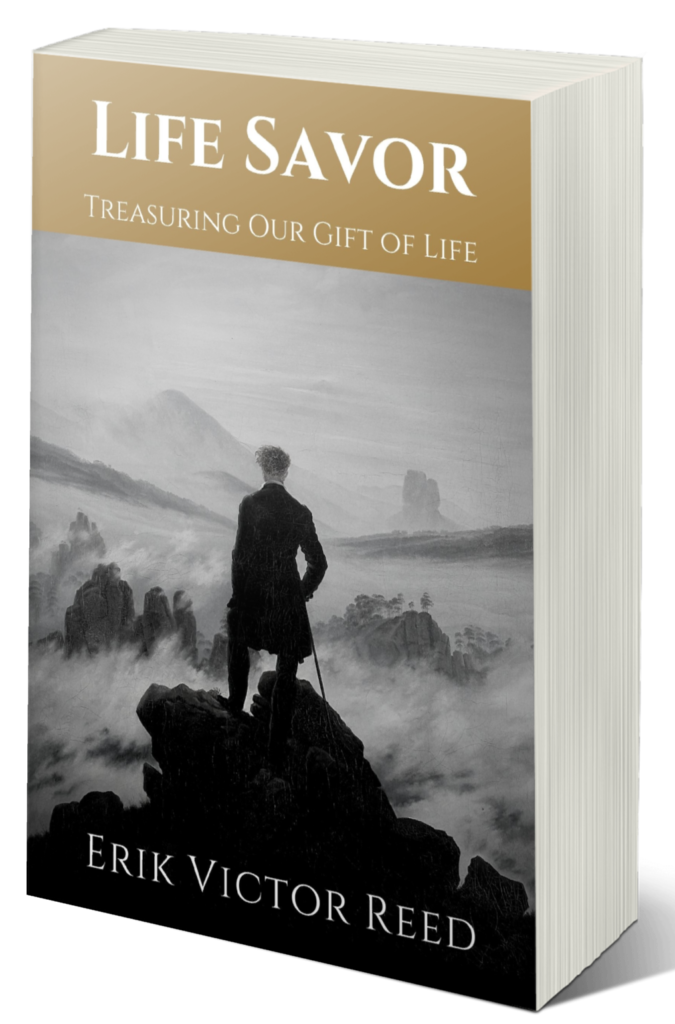Why we don’t need a cosmic purpose to live with reverence
The Old Question
Since the beginning of philosophy, humans have asked, What is the meaning of life? We want to know if the universe has assigned us a role, if there is a script we are supposed to follow, if some higher authority has written purpose into the fabric of existence.
But the question, as often framed, may be misleading. It suggests there must be a meaning of life — a single answer for everyone, handed down from outside. What if, instead, the real treasure comes from the meaning in life — the significance we create, notice, and savor while we are here?
The “Of” vs. the “In”
The meaning of life is a cosmic question. Does the universe have a goal? Did someone design us with an end in mind? Many have tried to answer this with religion, with philosophy, with speculation. But answers are necessarily elusive, or at least biased by the person answering.
The meaning in life, by contrast, is immediately available. And its origin is often not abstract. It is the satisfaction of raising a child, the joy of creating art, the dignity of standing for justice, the wonder of seeing a night sky. These are not theories. They are lived meanings, and they are enough.
The danger of chasing only the meaning “of” life is that we might miss the abundance already present from the meaning in our lives.
Enough Without Mysticism
Some people fear that without a cosmic decree, life is empty. But emptiness is not what we encounter when we pay attention. What we encounter is beauty, love, laughter, grief, and awe. These are not trivial. They are what make human existence precious.
To say life is meaningful because we get to live it does not diminish us. It dignifies us. It affirms that we don’t need the universe to bow in our direction for our days to matter. Our reverence can be rooted in reality (and life) itself.
The Weight of Mortality
Paradoxically, mortality strengthens this sense of meaning. If life were endless, we might take it for granted. But because it is brief, every choice carries weight. Every moment is charged with significance.
This doesn’t mean we must live under crushing pressure. It means that even ordinary days matter more than we often admit. A short life can still be a meaningful life — perhaps even more so, because scarcity intensifies value.
Living Meaningfully
If meaning is something we discover in life rather than something handed to us from beyond, how do we cultivate it?
- Align with values. Notice what matters most to you — dignity, love, beauty, truth — and give your time to it.
- Notice the ordinary. Meaning hides in small moments: a shared meal, a remembered joke, a well-done task.
- Honor your story. Live in a way that you would be glad to recount — not because it is flawless, but because it is real.
These steps won’t answer the “cosmic” question once and for all. But nothing ever will. There is no “cosmic” answer—because the cosmos isn’t alive, it doesn’t care or value, so it can’t answer “shoulds” or other normative questions.
But the cosmos will let you live, if you were lucky enough to be born. And in appreciating your chance, and living it fully, you can live a life that feels justified, worthwhile, even sacred in its own right.
Closing Thought
The cosmos may never hand us a script. But that doesn’t leave us empty-handed. We already hold meaning in our relationships, our commitments, our experiences of beauty and wonder. And in our gift of life itself.
Life is meaningful enough because we are here to live it, and because we can savor it while it lasts. That is not a consolation prize. That is the prize.
For more like this, visit the broader project at life-savor.com, or explore the Life Savor book itself.
To learn more about Life Savor’s philosophy,
read Life Savor: Treasuring Our Gift of Life by Erik Victor Reed.








